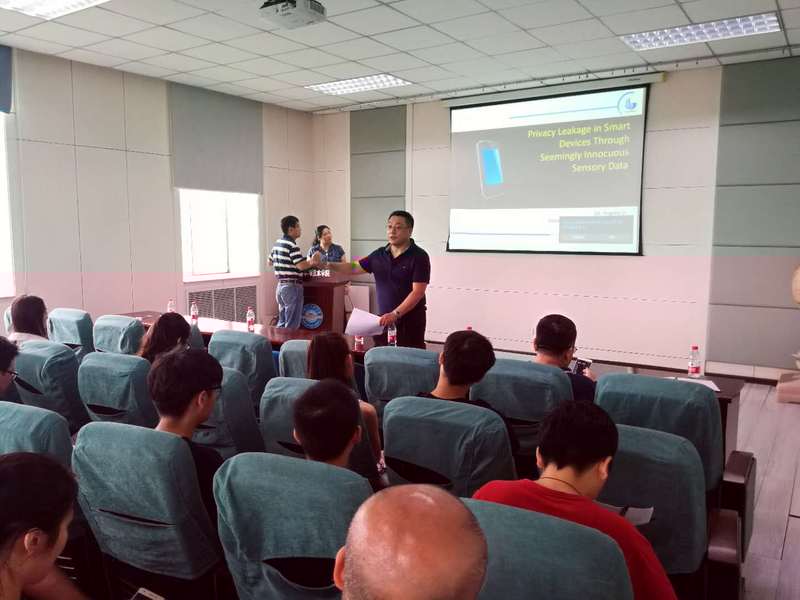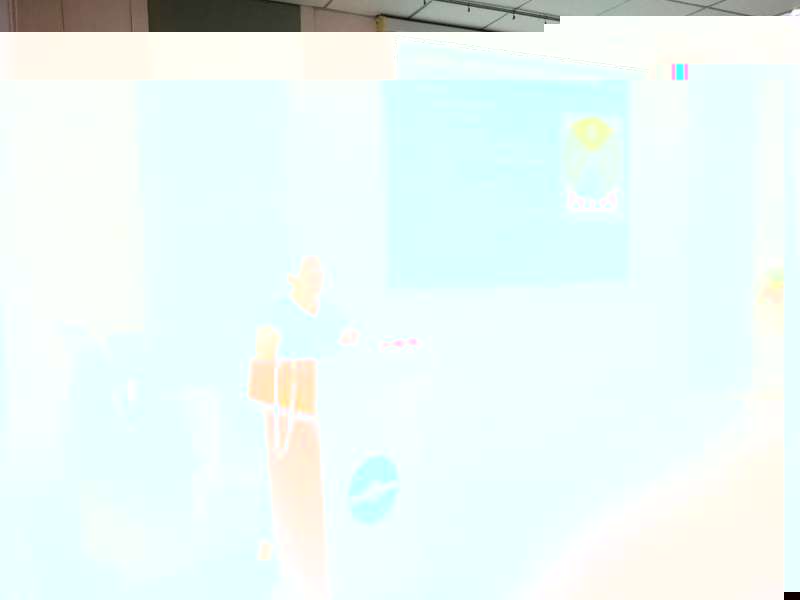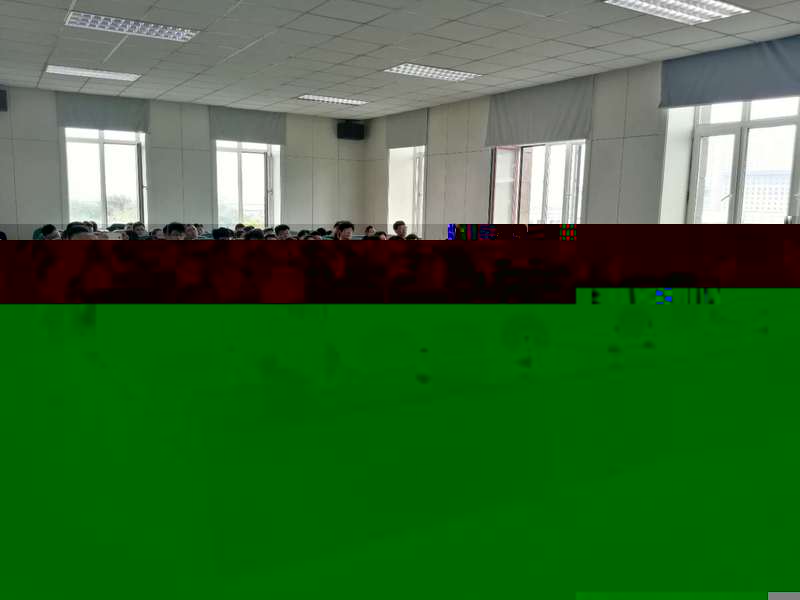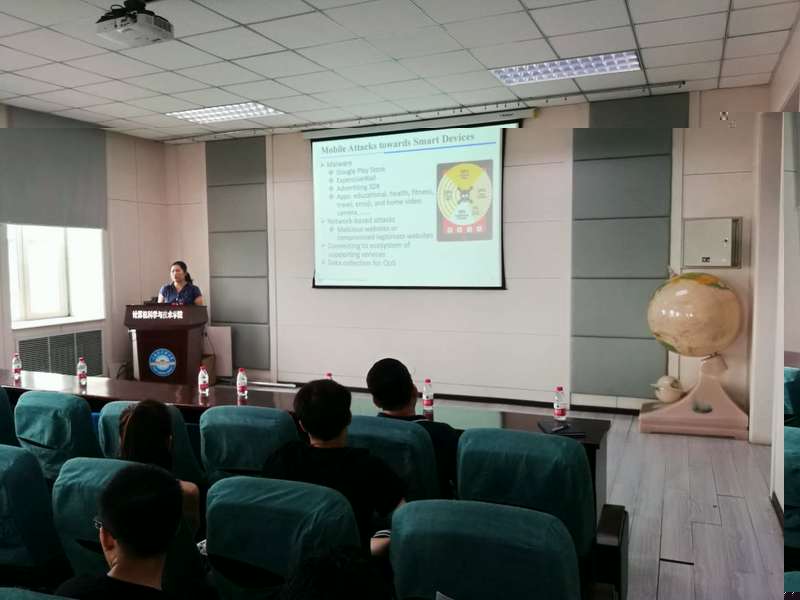研讨會“學萃講壇”秉承學名家風範、萃科技精華的理念,以學術為魂,以育人為本,追求技術創新,提升學術品位,營造濃郁學術氛圍,共品科技饕餮盛宴!
時 間:2018年7月13日9:30-12:00
地 點:21#426多媒體教室
主辦單位:科學與技術研究院
承辦單位:伟徳国际官网登录入口
報告題目:Privacy Leakage in Smart Devices Through Seemingly Innocuous Sensory Data
報告人:Dr. Yingshu Li
報告人簡介:Dr. Yingshu Li received her PhD and MS degrees from the Department of Computer Science and Engineering at University of Minnesota-Twin Cities. She received her BS degree from the Department of Computer Science and Engineering at Beijing Institute of Technology, China. Dr. Li is currently an Associate Professor in the Department of Computer Science at Georgia State University. Her research interests include Wireless Sensor Networks, Big Sensory Data Management, Privacy-aware Computing, Smart Cities, Social Networks, and Wireless Networking. Dr. Li is the recipient of an NSF CAREER Award. She has published more than 150 papers including 20 ACM/IEEE Transactions papers. Her publications have received almost 6000 citations and her h-index is 35. Dr. Li has served as an associate/guest editor for several prestigious journals including IEEE Transactions on Computers, ACM Transaction on Senor Networks. IEEE Internet of Things Journal, etc. Dr. Li was the steering committee chair for the international conference WASA and will be the program chair for COCOA 2019 and IPCCC 2018.
報告簡介:Smart devices and mobile apps are rolling out at swift speeds over the last decade, turning these devices into convenient and general-purpose computing platforms. However, smart devices also bring risks of privacy leakage. Sensory data collected from smart devices are important resources to nourish mobile services, and they are regarded as innocuous information which can be obtained without user permission and awareness. In this talk, two privacy issues caused by sensory data collected from smart devices will be addressed. The first one is location privacy leakage. The second one is deep learning based inference of private information. For the first issue, it is shown that only by using the data collected from the embedded sensors in smart devices instead of GPS data, a user's location information can be inferred with high accuracy. For the second issue, it is shown that the seemingly innocuous sensory data could help with infer users' tap positions on the screens of smart devices by employing some deep learning techniques. The tap stream profiles for each type of apps can then be derived so that a user's app usage habit can be accurately inferred. Furthermore, it is shown that users' app usage habits and passwords may be inferred with high accuracy.
首先,科研副院長韓啟龍教授向與會人員介紹李教授簡曆,針對學院與佐治亞州立大學在學生培養、科學研究等方面開展的合作進行了回顧和展望,并就交流内容向與會人員進行了提醒,要求雙方交流要緊密圍繞學術、科研開展。李教授結合其實驗室目前的研究内容展開講解,從數據隐私保護的重要性、研究背景、研究方案等方面詳細的說明了當前移動設備安全保護方面的漏洞和急需解決的問題。報告環節之後,李教授同與會人員開展互動交流,與會教師同學踴躍提問,李教授均一一耐心回答,本次學術報告使我院師生及時了解到國際最新研究動态,對開展科研工作起到積極的促進作用。




“學萃講壇”秉承學名家風範、萃科技精華的理念,以學術為魂,以育人為本,追求技術創新,提升學術品位,營造濃郁學術氛圍,共品科技饕餮盛宴!
